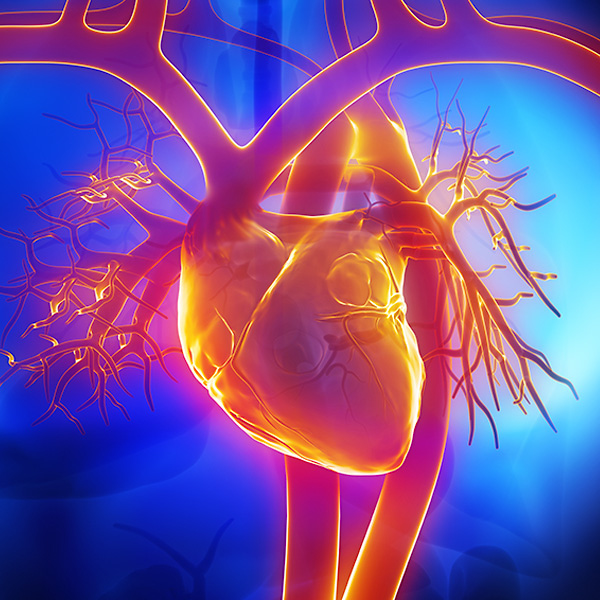Advanced Heart Failure
Overview and Facts about Advanced Heart Failure
Heart failure is an aortic condition in which the heart is unable to pump blood effectively – not a condition in which the heart does not work at all. More than 6 million people in the US are living with heart failure, and of those people, about 10% have advanced heart failure.
Signs and Symptoms of Advanced Heart Failure
Heart failure is considered advanced when:
- Symptoms can no longer be managed with medication
- Someone continuously ends up in the hospital for heart failure-related issues
- The heart is only able to pump 25% or less of the blood it receives.
Exhaustion from everyday activities like walking or climbing stairs can be indicative of advanced heart failure. The telltale signs and symptoms of the advanced stages of heart failure include:
- Persistent fatigue
- Shortness of breath
- Swelling of the legs, ankles, or feet
Other common symptoms of heart failure include:
- Coughing
- Loss of appetite or indigestion
- Nausea or vomiting
- Swelling of the abdomen
- Gaining a lot of weight
- Difficulty sleeping
- Heart palpitations
Causes and Risk Factors of Advanced Heart Failure
The three main causes of advanced heart failure are heart attack, coronary artery disease, and high blood pressure. This aortic condition is also most common in people older than 65, African Americans, and women.
Other factors that play a role include:
- Diabetes
- Family history
- Obesity
- Lifestyle factors like smoking or being sedentary
- Taking certain medications like steroids or chemotherapy drugs
Tests and Diagnosis of Advanced Heart Failure
To diagnose heart failure, a doctor will first perform a medical history review to discuss symptoms and perform a physical exam that involves listening to your heart. The doctor will then likely order some combination of these tests to confirm the diagnosis:
- Blood tests to check for other diseases affecting the heart
- X-ray of the chest to view the heart
- Electrocardiogram to check for abnormalities in heart function
- Stress test to measure the heart’s strength
- CT scan to collect images of the heart
- MRI to produce images of the heart
- Coronary angiogram to spot blockages
- Biopsy of the heart muscle to check for heart muscle diseases
Treatment and Care for Advanced Heart Failure
Advanced heart failure is a lifelong disease that requires constant treatment and care. For most people, some combination of the right medications and devices to help the heart beat properly can help the heart become stronger.
Depending on the symptoms, the doctor will prescribe one or more of the following medications or devices:
- ACE inhibitors – used to widen the blood vessels, lower blood pressure, improve blood flow, and decrease the workload on the heart.
- Beta blockers – used to slow the heart rate and reduce blood pressure
- Diuretics (water pills) – used to keep fluid from collecting in your body
- Ventricular assist devices – used to help the heart pump more effectively
- Heart transplantation
Left ventricular assist device (LVAD) implementation in some cases, a doctor may recommend surgery to treat any underlying problems that may have prompted advanced heart failure, like a blocked or damaged artery.

Request an Appointment
Loyola Medicine heart and vascular specialists have the experience and technology to treat the most difficult cardiac and vascular conditions. Schedule an appointment today.
Schedule a Telehealth Appointment
